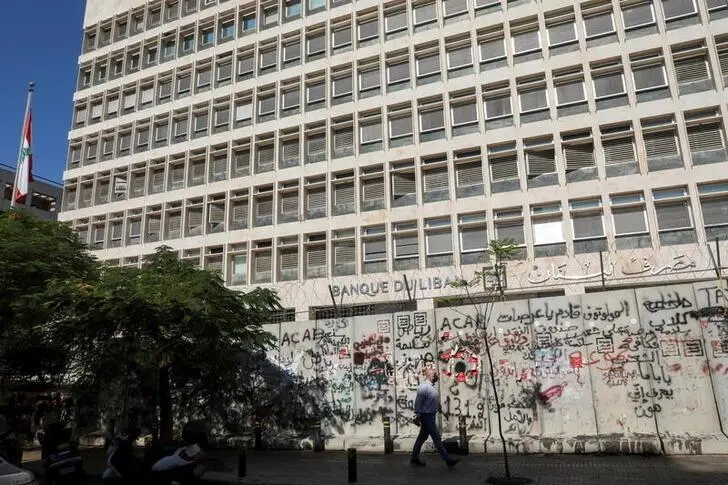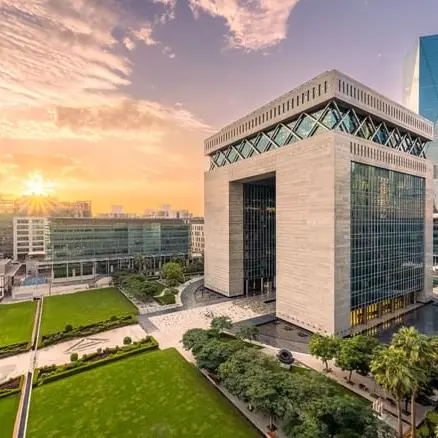PHOTO
BEIRUT: The Central Bank is thoroughly studying and assessing the files of all Lebanese banks that were supposed to increase the capital by 20 percent and repatriate 3 percent of the liquidity from the correspondent banks.
After the expiry of the Feb. 28 deadline, nearly most or all of the banks submitted their documents and financial data to BDLs board council, the Banking Control Commission and Regulatory Authority, a source told The Daily Star.
Bankers in general have apparently managed to increase their capitals by 20 percent, but a number of them seemed to have some difficulty securing the 3 percent liquidity.
It is not clear how many banks have failed to obtain the 3 percent liquidity although bankers seemed confident that the Central Bank will not rush and seize the lenders that could not meet the deadline.
I dont think that BDL will seize immediately any bank which is not able to meet all the conditions. BDL will study each case individually and hold talks with the chairmen and general managers of these banks. BDL may probably give some of the banks more time to come up with the 3 percent liquidity, a source told The Daily Star.
There were reports that a number of banks have purchased dollar banknotes from the black market and this could be one of the reasons the dollar rate to Lebanese pound is now close to LL10,000.
In order to survive and stay in the market, some banks may be obliged to downsize their operations, merge their business affiliates and even lay off thousands of staff in the future, according to one financial analyst.
I dont think these measures will be taken soon, but these options may become a reality as the financial crisis gets deeper and unbearable, the analyst said.
He also believed that bank consolidation and merger may become inevitable in the future if the economic situation and political paralysis persisted.
Last week, the Central Bank said that the Feb. 28 deadline will not be extended.
Contrary to what is circulated in many articles and analyses, Banque du Liban stresses that banks must comply with all the deadlines stipulated in its circulars to increase capital and secure external liquidity without any modification, BDL said in a statement.
BDL also stressed that after Feb. 28, banks must send all their data to the Banking Control Commission, which in turn checks them and sends the relevant reports to the Central Bank.
BDL also affirms that, according to the text of Article 70 of the Monetary and Credit Law, the stability of the banking sector is one of its duties and priorities, and therefore its approach will aim to take all measures aimed at addressing the situation of banks, leading to strengthening the stability of the banking situation and ensuring the funds and rights of depositors, BDL added.
It added that coordination will be made between Banque du Liban, the Banking Control Commission, the Special Authority, the Markets Authority and the Supreme Banking Authority under the supervision of the governor of the BDL, in order to make Circular 154 with all its provisions succeed.
But despite all these attempts to beef up the capital and reduce the costs of operations, the Lebanese banks are not out of the woods yet.
My view is that circular 154 and other circulars are nothing more than populist circulars from BDL. They are a drop in the ocean and will not change the fundamentals a bit, a chairman of a leading bank said.
As for what happens after Feb. 28, my guess is nothing at all as far as the alpha banks are concerned. Maybe theyll eventually take over or merge some of the smaller banks for the show, in which case theyll make sure to choose banks from different confessions to maintain the balance, the banker noted.
According to a financial analyst, nothing will change because BDL is as clueless as ABL [Association of Banks in Lebanon], and the blind is leading the blind. The name of the game is just to gain time.
Copyright 2021, The Daily Star. All rights reserved. Provided by SyndiGate Media Inc. (Syndigate.info).





















